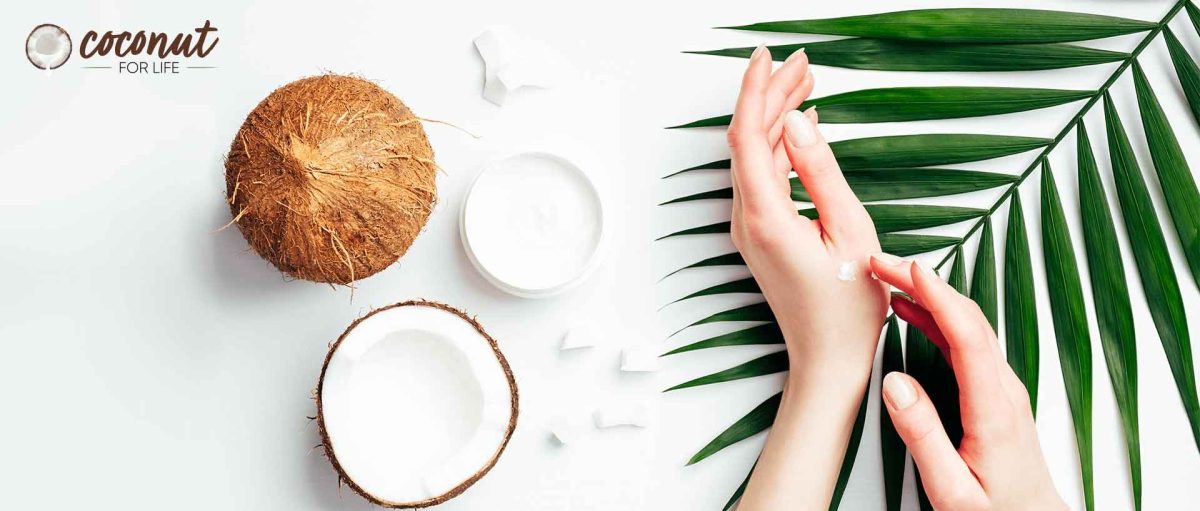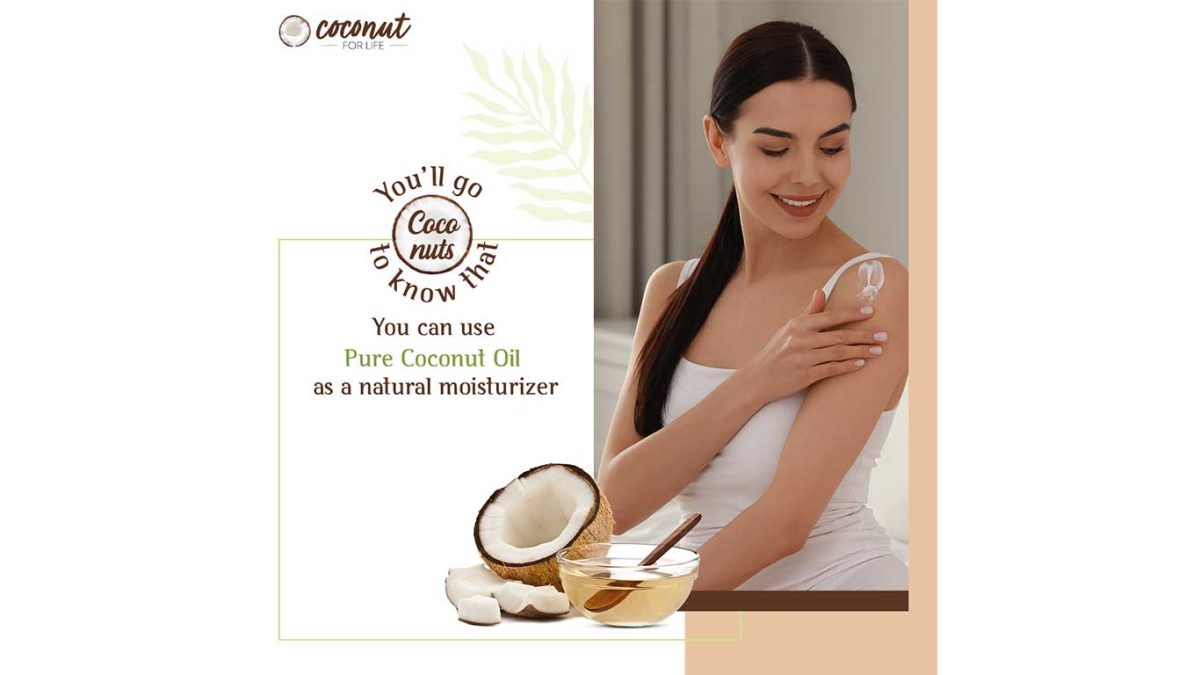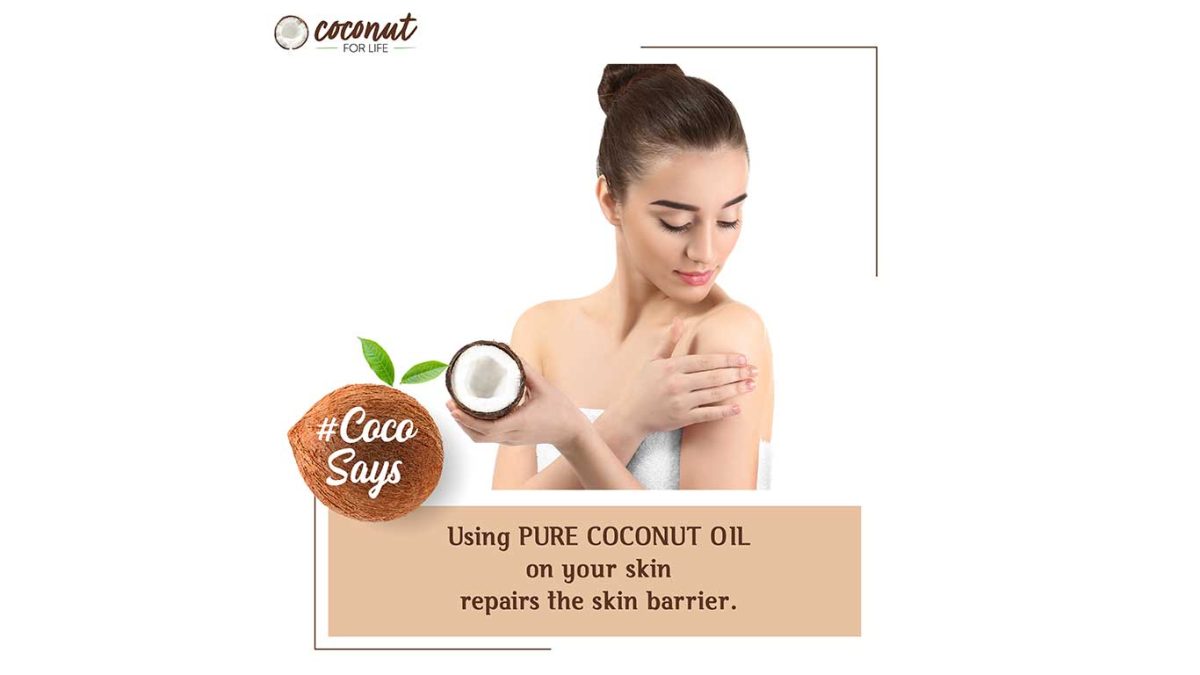
Hydrator or Moisturizer? Which one is right for you?
- A topical hydrator infuses your cells with water and improves your skin’s ability to absorb moisture and nutrients.
- Moisturizing is about trapping and sealing in moisture to build the skin’s protective barrier, prevent water loss and keep the skin soft and smooth.
- Mix Coconut oil and Aloe vera and apply to your skin as a moisturizer. It also works great as a night cream.
- Aloe vera is great for solving acne like problems whereas Coconut oil cleans your skin pores from dust.
To keep your skin healthy, smooth and radiant, water plays a key role. That’s why every skin care aisle you come across, is full of products that promise to hydrate and moisturize the skin. But what many of us may not realize is that although they are often used interchangeably, moisturizing and hydrating are not exactly the same thing. While both provide the skin with much-needed nourishment, knowing the difference will help you make the best choice when targeting your skin’s specific needs.
Difference between Hydrating and Moisturizing
Moisturizers and hydrators both ensure the skin is getting all the water it needs to fight dryness and dehydration. The difference lies mostly in how they achieve these results.
Hydrator:
Hydration refers to the water content within the cells that leads them to swell and be plump and bouncy, thus reflecting light well. If water flows out of the cells and the cells are dehydrated, they can become shriveled, which leads to lackluster skin. A topical hydrator infuses your cells with water and improves your skin’s ability to absorb moisture and nutrients.
Moisturizer:
Moisturizing is about trapping and sealing in moisture to build the skin’s protective barrier, prevent water loss and keep the skin soft and smooth.
How to Know Which One is the Right One for You
If you have dry skin, it’s easy to assume that a healthy dose of moisturizer is all it takes to restore its plump appearance and youthful glow. While this may be true at times, it’s also possible that your skin may not, in fact, be dry but dehydrated. If that is the case, then a hydrator is what you need to get the glow back.
To know if your skin is dry or dehydrated, it’s important to take note of your skin’s condition. The skin has a natural lipid barrier that protects itself from damage and water loss. If you’re prone to having dry, flaky skin, it’s a tell-tale sign that it’s not producing enough lipid cells to form a protective barrier, making it unable to lock in moisture. That’s where moisturizers come in.
Moisturizer reduces the amount of water that evaporates off the skin to minimize transepidermal water loss. They lock in and seal in moisture. Moisturizing is particularly helpful for skin that is dry and peeling.
If the skin seems dull and lackluster complexion with fine lines and wrinkles become more noticeable, it’s a sign of dehydration. Dehydrated skin means the cells are parched and starved of water. When this happens, they are not plump and volumized and appear shriveled collectively.
People can have hydrated but dry skin or dehydrated but moisturized skin. Hydrated, bouncy, swollen cells that have topical moisture locked into them are the ideal type we look for.
Choose the Right Hydrator or Moisturizer
Drinking plenty of water is still the easiest way to hydrate your skin, but those with dehydrated skin may want to supplement with a topical hydrator that binds and draws water into the cells.
- Natural humectants allow the skin to improve its ability to hydrate itself over time, so look out for products that contain hyaluronic acid, aloe, honey, alpha hydroxy acids, and marine extracts.
- Synthetic humectants, glycerin, urea and propylene glycol are some of the ingredients you want to keep an eye out for.
- Hydrating ingredients are generally appropriate for all skin types. They are water-soluble, won’t clog pores and should be devoid of alcohol so they don’t actively dry out or irritate the skin surface.
As for moisturizers, there is a wide variety of options in terms of formula and ingredients.
Moisturizers can be light or heavy and formulated for different seasons and different skin types.
- Warm, spring and summer months may call for a lightweight gel or light lotion, while dry, cold and windy fall/winter weather may require heavier products with ceramides, coconut oil, cocoa butter.
- These ingredients are known not only for their moisturizing and nourishing effects but also for their ability to counter the signs of aging and free radical damage.
You can also make your own coconut oil moisturizer at home:
- Take 1/2 Cup of Coconut oil and 2 Tablespoons of Aloe vera gel.
- Put them in a bowl, whip very well till you get a creamy consistency, put it into a jar then store in the fridge.
- This moisturizer works very well for acne-oily skin and it is more of a night cream. It reduces acne scars because of aloe vera, also reduces future breakout due to the antimicrobial properties of Coconut oil which cleans your pores from dirt and doesn’t clog them.
Source:
https://www.dermstore.com/blog/hydrating-vs-moisturizing/
https://www.healthline.com/health/beauty-skin-care/hydration-moisture#intro
POST A COMMENT
You must be logged in to post a comment.








